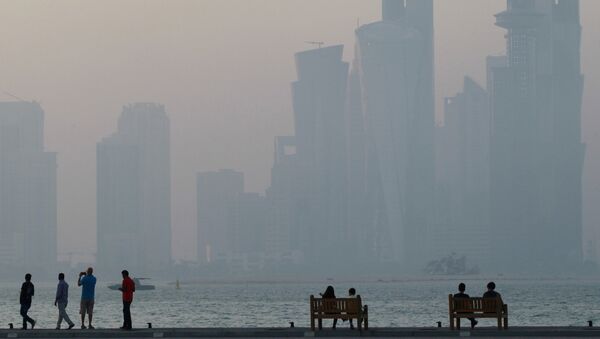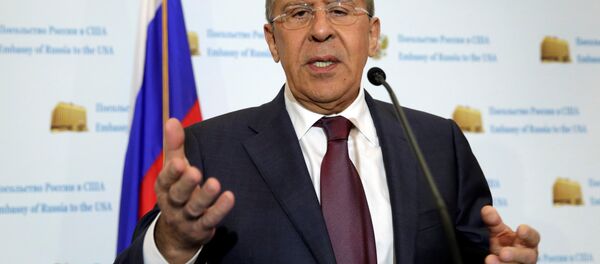"The current crisis has a lot of negative as well as positive sides. Now Qatar will be able to mainly rely on its own capabilities and turn to the development of bilateral relations with its partners," Attiyah said.
The states boycotting Doha focused on an alleged wave of criticism of the Qatari authorities inside the country and thought that there was a divide in Qatar’s society, but this was just an expression of the freedom of speech in the country, the defense minister noted.
"The Qatari citizens enjoy all the rights and can criticize the government… We have always supported constructive criticism including via social media," Attiyah pointed out.
The defense minister continued by characterizing Qatar’s state structure as "ideal" for the county’s citizens.
"In the current circumstances of the mutual strong sympathies between our government and Qatar’s citizens, we are paying the most importance to tackling the issues of our country’s development," Attiyah pointed out.
On June 5, Saudi Arabia, Egypt, Bahrain and the United Arab Emirates cut diplomatic relations with Qatar and imposed a blockade on the Gulf country, accusing it of supporting terrorism and interfering in their domestic affairs. The Maldives, Mauritius, and Mauritania followed suite, while Jordan and Djibouti reduced the level of their diplomatic missions in Qatar.
On June 23, Kuwait, acting as a mediator in the crisis, handed over to Doha the ultimatum of the four Arab states with 13 demands to be fulfilled by Qatar in order to restore the relations with its neighbors, which Doha refused to comply with.



